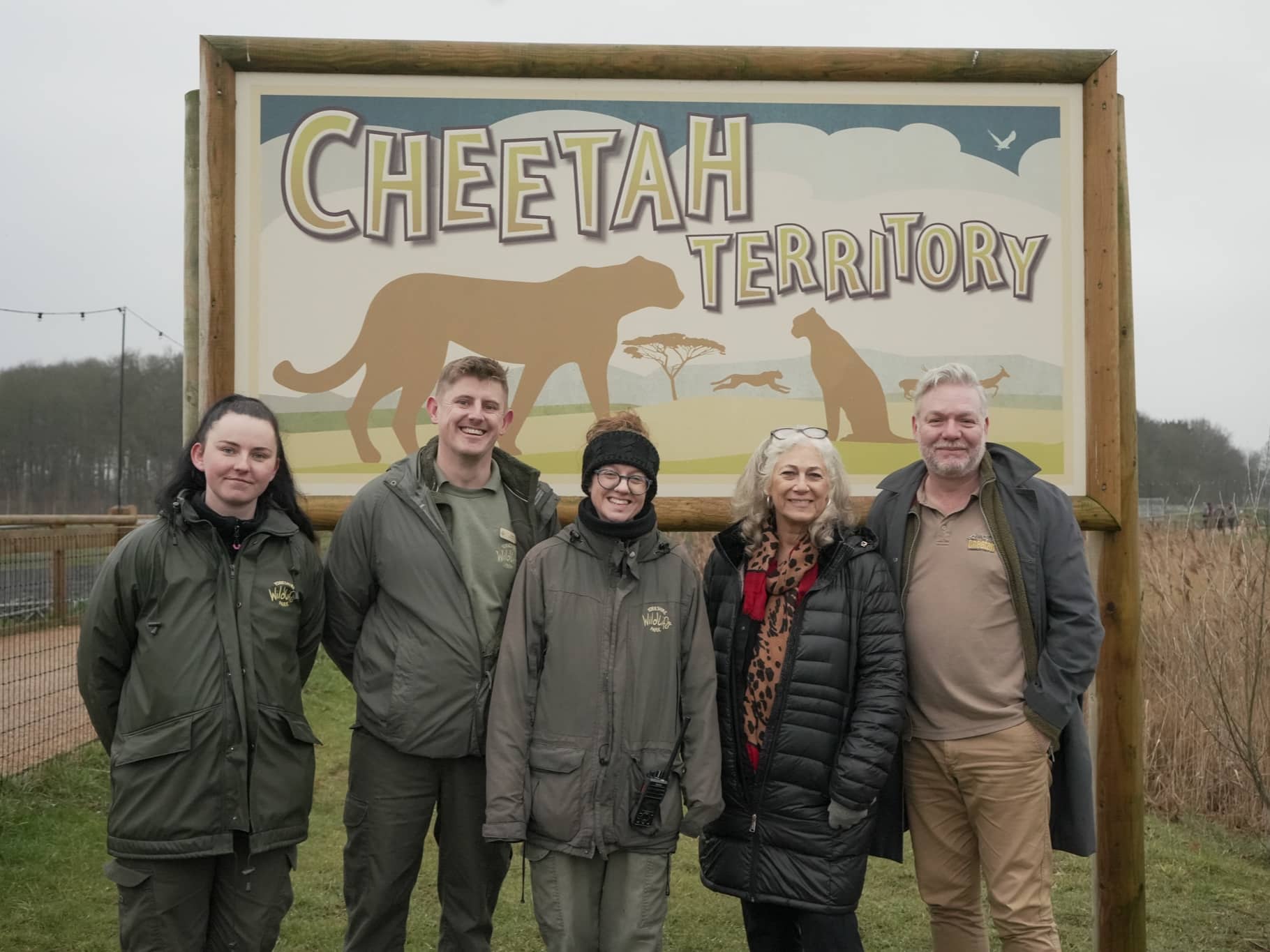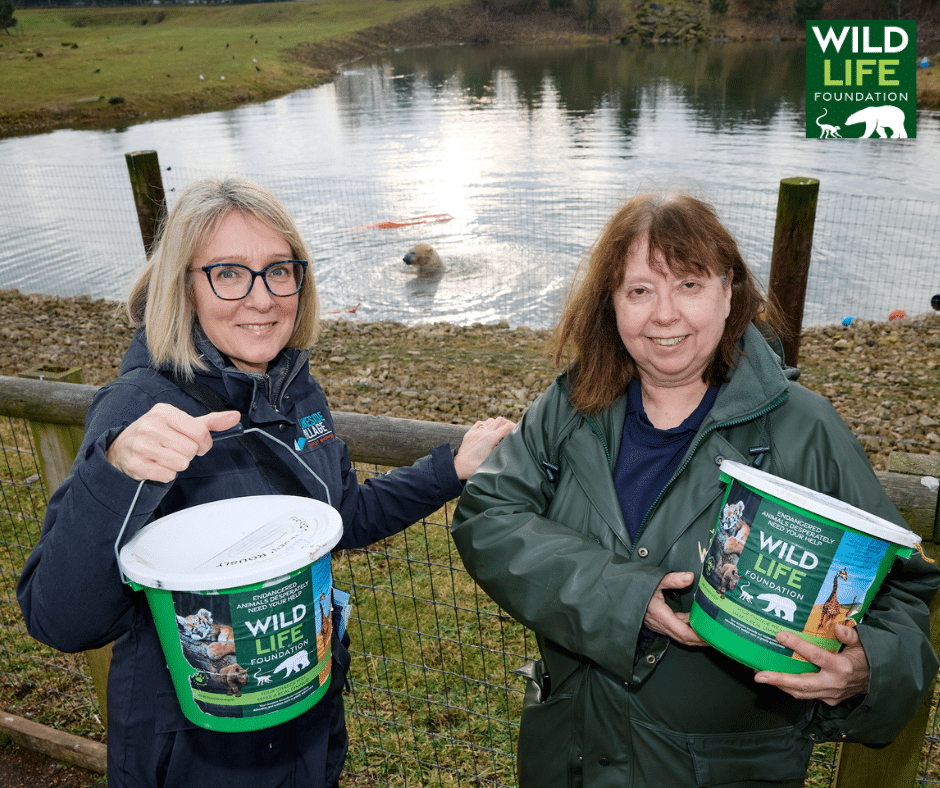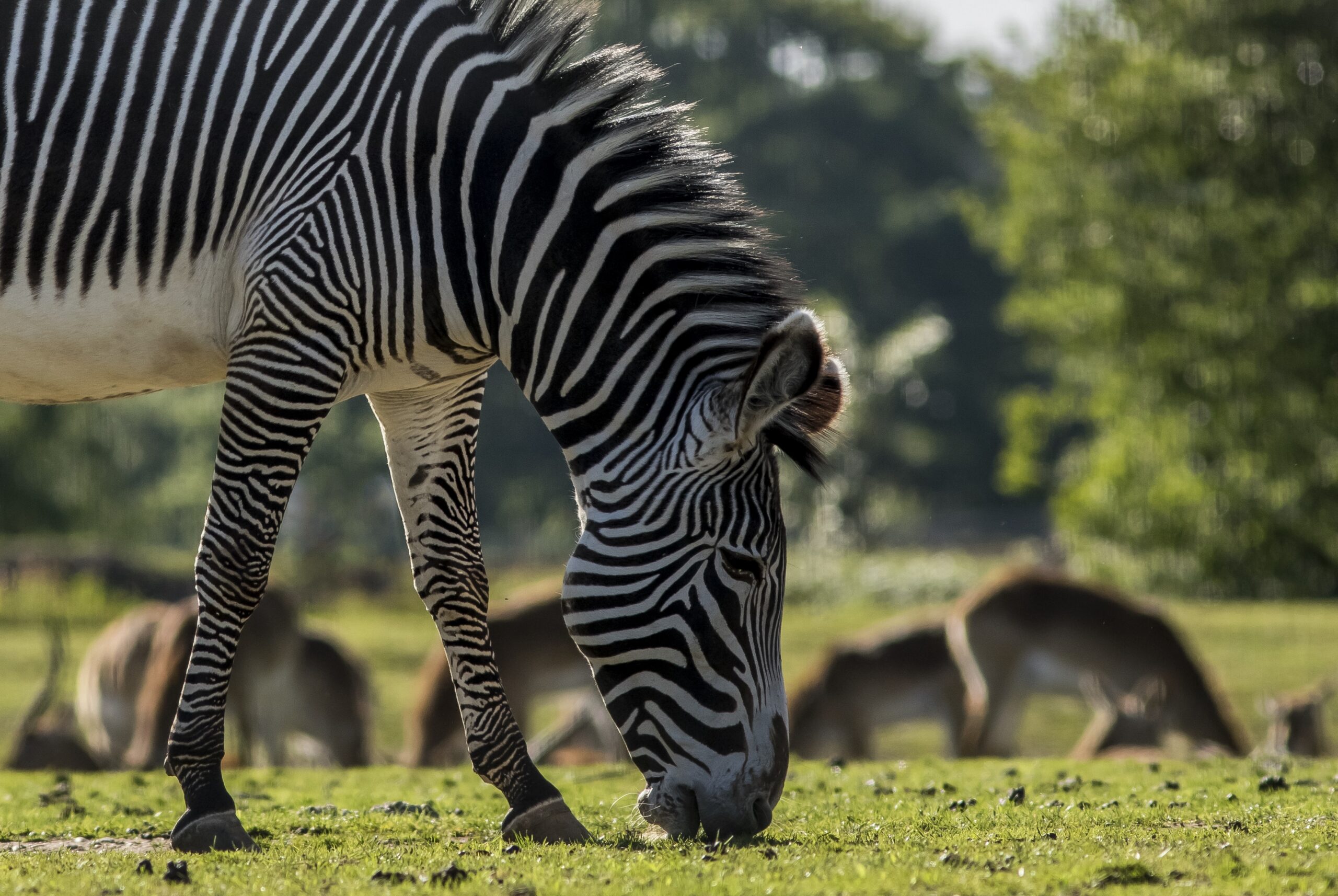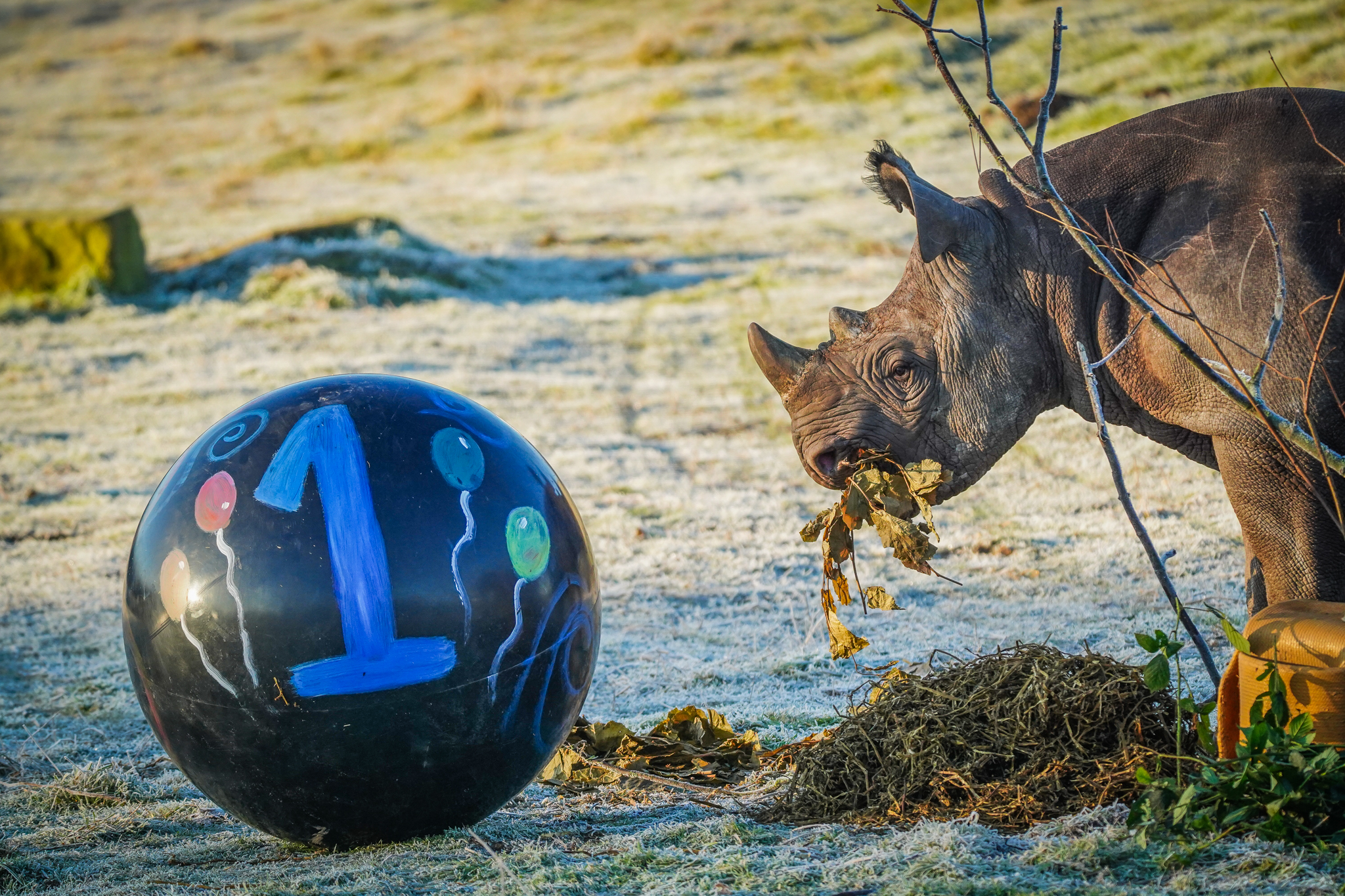Earth Day 2019 will be taking place on Monday 22nd April, it’s an annual worldwide celebration which consists of various events and demonstrations in support of environmental protection. It was first celebrated in 1970, now the Earth Day Network oversee many of the celebrations in over 193 countries.
The Earth Day Network outline the three main issues they aim to solve year round, these include climate change, plastic pollution and endangered species. So, in celebration of Earth Day this year we’re going to have a look back on some poignant moments and actions WildLife Foundation and our partner charities have taken to combat these issues over the years.
Climate change
Back in February a major study, supported by WildLife Foundation, discovered a range of trees resistant to climate change. The study, Reforesting for The Climate of Tomorrow conducted by the International Union for Conservation of Nature, found palm and hardwood tree species native to Borneo’s Kutai National Park which are resistant to fire. This National Park is home to the threatened East Bornean orangutans so the discovery of these trees during a time of intense climate warming means that they will be able to take shelter from the impacts. – Read more here.
June 2017 brought some distressing news as president Donald Trump decided to withdraw the US from the Paris Agreement. WildLife Foundation’s partner charity ICUN took a strong stand against this action saying that “The Paris Agreement… is a historic treaty and represents the world’s best hope in tackling the challenge of climate change”. WildLife Foundation stood firmly by their side pledging to continue combatting the issue and support their efforts in monitoring animal and habitat biodiversity under threat from climate change. Polar bears are the one mammal most under threat from the impacts of climate change, making YWP’s position as the only park in the UK with polar bears, even more influential. – Read more here.
One of the most unique ways YWP & WildLife Foundation have been combatting climate change is through recycling their toner cartridges. This may seem odd but WildLife Foundation have teamed up with Dell and Brother Environmental Consumable Recycling & Collection programme, who pledge to protect 1 tree in the Amazon Rainforest for every 4 cartridges we recycle. The Amazon Rainforest absorbs about 25% of the earth’s total carbon dioxide emissions, which mean WildLife Foundation are helping to reduce climate change by protecting ‘The Lungs of the Earth’. Back in 2016 we had protected 250 trees after working with them for around 2.5 years… as for now, well you do the maths! – Read more here.
Plastic Pollution
One of WildLife Foundation’s partner charities, IUCN, runs a programme called ‘Close the Plastic Tap’. Every year 300 million tonnes of plastic is produced, and every year at least 8 million tons of it ends up in our oceans. The plastic never biodegrades once in the ocean, it simply fragments into micro and nano-plastics which flood into the ocean’s food chain. The IUCN has produced several analytical pieces of work and are actively supporting programmatic action in both the Baltic and Mediterranean seas to reduce the amount of plastic entering the ocean at these points. The IUCN will be seeking to extend these studies to the Eastern, Southern African and Asia Pacific regions. – Read more here.
Endangered Species
WildLife Foundation helped save endangered lemurs earlier this month. We granted this international programme run by AEECL in Madagascar £5,000 over the next 3 years. Lemur numbers had dipped below 1,000, so this project is crucial to help conserve their habitats where slash-and-burn land clearing and hunting have devastated the population. – Read more here.
Back in February WildLife Foundation announced a grant to support Fauna & Flora International over the next three years in their goal to enhance the recovery and conservation of wildlife within the Sera Wildlife Conservancy. The charity’s main focus is to protect Kenya’s black rhino population growth, which is under threat from poaching and habitat destruction. The long term goal is build the black rhino population back up by 5% annually. – Read more here.
A heart-warming mission to rehome some endangered Ussuri Brown bears took place in August 2018, the precision-planned global mission saw the bears transported safely from Japan back to the UK. The bears were living in a cultural Museum on Hokkaido caged in small and outdated enclosures and in desperate need of new facilities. – Read more here.
Thanks to WildLife Foundation in alliance with the Amur Leopard and Tiger Alliance (ALTA), Amur leopard numbers breached 100 for the first time in decades back in April 2018. Two decades ago there were just 30 of the big cats living in the wild, compare this to last year where the records showed 84 recorded adult Amur Leopards, 7 adolescents and 12 cubs. The fight to protect endangered species seems to be paying off. – Read more here.

You can help support all of these causes above and more! This Earth Day make a donation to Yorkshire Wildlife Park so we can keep supporting important projects like these.













